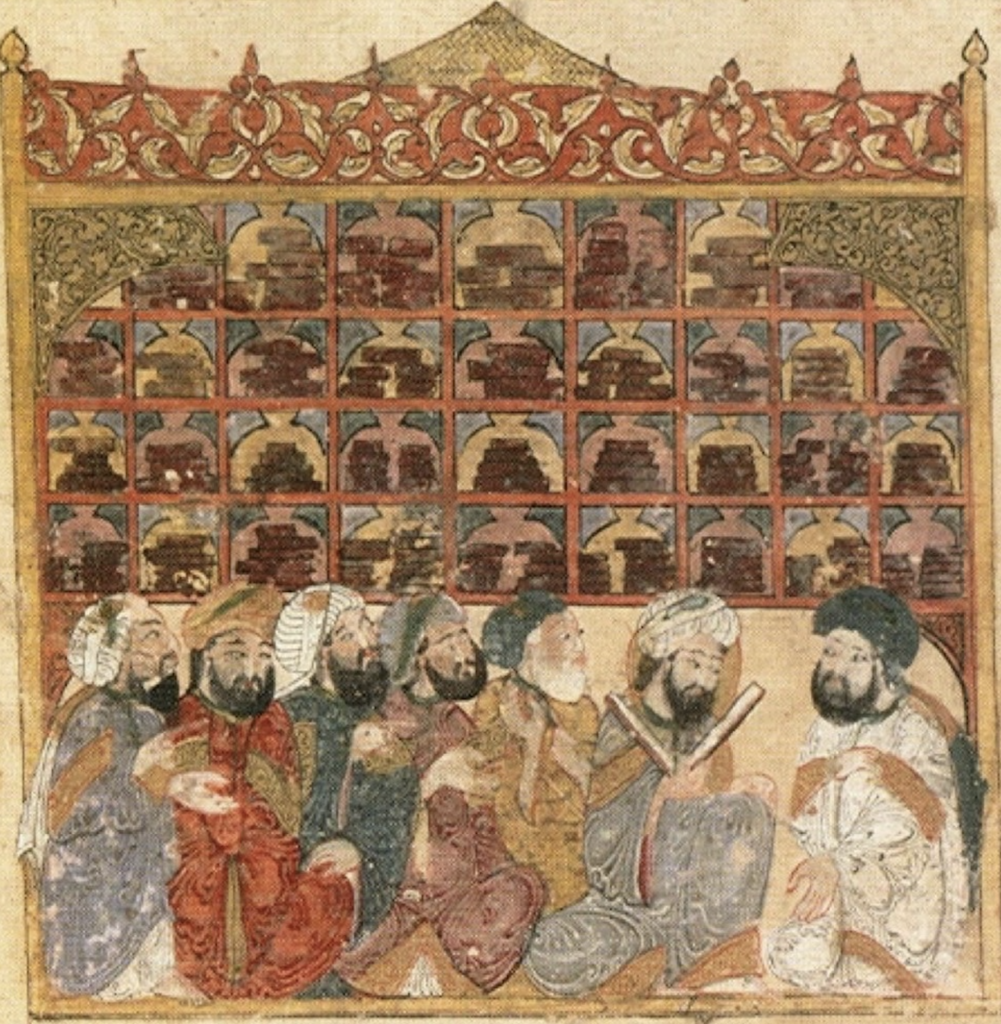Science and Scholars: How the Arab World Influenced the Renaissance Era

By: Nate Fox / Arab America Contributing Writer
The Arab world of history is often credited for its vast culture, but it is rarely recognized for its significant contributions in other areas. The Renaissance, a time of rediscovery for older philosophy and literature, is often viewed as an entirely European affair, but the influence of the Arab world cannot be ignored.
Christians learned the forgotten works of Greek philosophers like Aristotle from copies translated into Arabic by Muslim scholars. Algebra, responsible for many inventions, was fathered by Muhammad ibn Musa Al-Khwarizmi, an Arab mathematician. Ibn Sina, a Muslim man often considered the father of early medicine, wrote the Standard textbook on medicine in the Arab and European world throughout the 17th century. I will reveal these contributions to you and more.
The Renaissance is known as the rediscovery of ancient Greco-Roman texts by Europeans. Rarely is it considered who supplied these texts. Subsequent to the fall of the Western Roman Empire in the fifth century CE, much of the works of ancient philosophers were lost.
It was Muslim scholars who had translated the text to Arabic allowing the Europeans to recover these works and set the stage for the Renaissance. These were the likes of Aristotle and Plato, and they were preserved by Muslim scholars centuries ago. Much of this was due to the heavy influence of Greek thinkers in Egypt.
Throughout the building of the Library of Alexandria, many Arab scholars copied works sourced from the Mediterranean. They then gathered these texts in collections under the different authors and published them. One such work includes the Aristotelian transcription of the Athenian constitution. This document was believed to be lost prior to its discovery in Egypt.
It should not be thought that the Arabs merely preserved these works; they also deeply studied the works of old, translated them, and made them widely accessible in central cities like Baghdad. One man Al-Kindi, considered the father of Arab philosophy, oversaw the studies of hundreds of texts by Christian scholars and is suspected to of contributed some of his own ideas to the works of some Greek thinkers. Long before Thomas Aquinas, Al-Kindi was said to “establish the identity of the first principle in Aristotle and Plotinus” as the theistic God. Much of this translated text was then incorporated into the Islamic philosophical tradition of falsafa.
Arab contributions excede philosophy. The Arabic world is also responsible for many advancements in medicine. In medicine, Ibn Sina’s comprehensive medical encyclopedia, “Al-Qanun fi al-Tibb” (The Canon of Medicine), became a standard textbook in both the Arab and European worlds and played a pivotal role in shaping the medical practices of the Renaissance.
Arab scholars also made significant strides in astronomy and optics, but one cannot restrict Ibn Sina’s contributions to a single field. He wrote a vast array of significant books, including The Book of Healing, The Cure, and Compendium on the Soul Arab scholars also made significant strides in astronomy and optics. Al-Battani improved upon the work of Ptolemy, and his measurements of the solar year and the precession of the equinoxes were used by European astronomers for centuries. Ibn al-Haytham (Alhazen) made groundbreaking contributions to the understanding of light and vision, laying the groundwork for the development of modern optics and photography.
The Arab world’s contributions to the Renaissance were vast and vital, providing the intellectual foundation that fueled Europe’s Renaissance. This cross-cultural exchange of knowledge underscores the importance of cultural exchange in the advancement of human knowledge and enriches our understanding of history.
Check out our Blog here!








